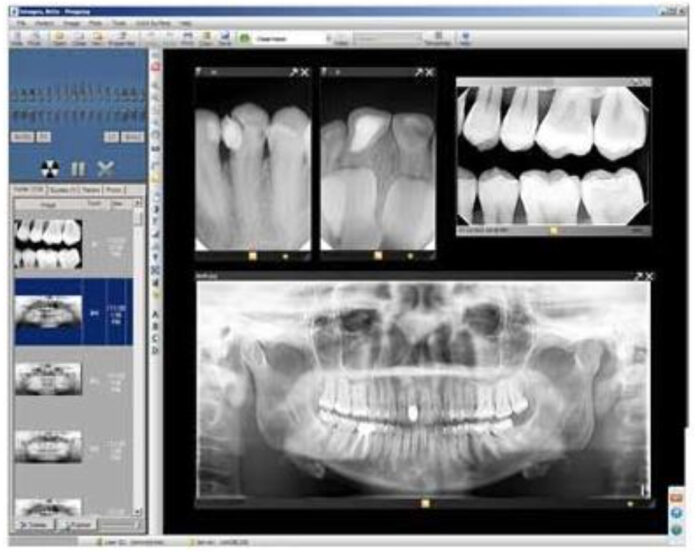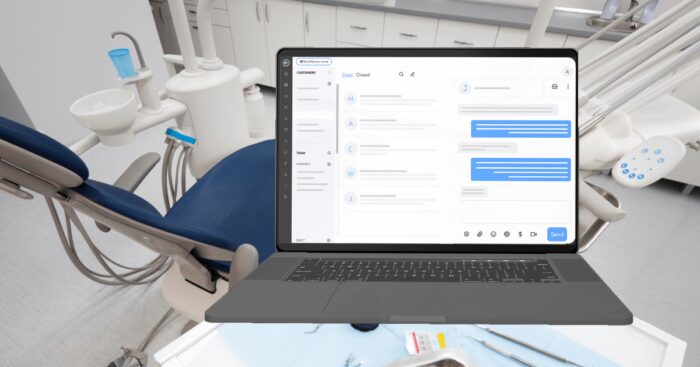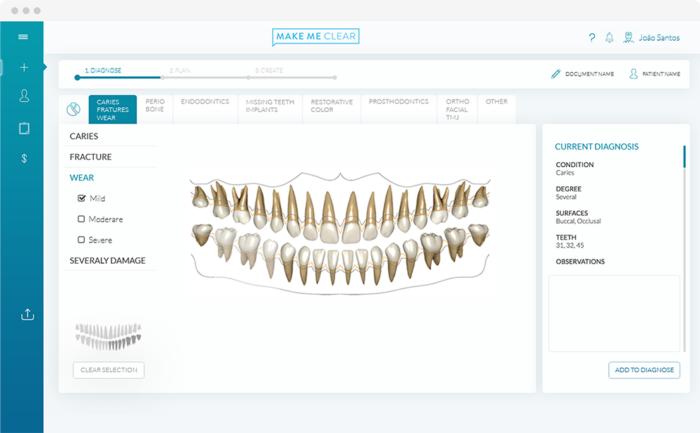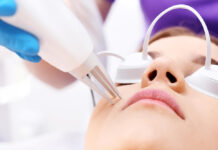
Dental software has become crucial for dental clinics aiming to boost patient retention and revenue. With the increasing demand for dental services, dental software has helped practices to streamline their operations, manage appointments, track patient records, and improve communication with patients. Let’s explore the role of dental software in increasing patient retention and revenue.
Improving Patient Experience:

The software plays a crucial role in enhancing the patient experience. Patients can benefit from convenient features like online appointment scheduling, automated reminders, and virtual consultations. These tools allow them to easily schedule appointments, receive timely reminders, and communicate with their dentists from the comfort of their own homes. Offering this convenience can decrease the amount of missed appointments, increase patient satisfaction, and improve the likelihood of them returning for future appointments.
Moreover, dental software provides an opportunity to personalize patient communication, leading to better engagement and stronger patient connections. When patients receive personalized messages and reminders, they feel like their healthcare provider truly cares about them.
Building trust and loyalty is crucial in any practice, especially when it comes to improving patient outcomes. When patients feel confident and secure in their care, they are more likely to follow through with treatments and recommendations, leading to a better overall experience. It’s a small gesture that can make a big difference in the patient experience.
Managing Patient Records:
Dental software also helps to manage patient reords efficiently. With digital record-keeping, dentists can access patient records from anywhere, at any time. Dentists can offer improved care with the help of accessibility to a patient’s complete dental history, including past treatments, allergies, and medication records. It helps in knowing their history and then providing them with the best treatment possible.
Managing Finances:

Dental software also plays a critical role in managing finances. With features such as automated billing, payment processing, and insurance management, dental practices can improve their revenue streams and increase financial efficiency. Automated billing helps to reduce the amount of time and resources spent on billing and accounting, while payment processing streamlines the payment process, making it more convenient for patients to pay for their treatments.
Insurance management allows practices to verify patient insurance coverage and process claims quickly, reducing the amount of time spent on administrative tasks. It is essential in any business to manage finances well and keep track of it.
Increasing Treatment Acceptance:
Dental software can also help to increase treatment acceptance rates. With features such as patient education materials and treatment planning tools, dentists can better educate their patients about their oral health and the treatments available to them. This education helps patients to understand the importance of regular dental visits, leading to improved oral health outcomes and increased patient retention.
Additionally, dental software can help dentists to create comprehensive treatment plans that address all of the patient’s oral health needs. Patients can easily access information about their treatment plans and associated costs, empowering them to make informed decisions about their oral health.
Marketing and Promotion:

Dental software can be a real game-changer when it comes to marketing and promotions. With its assistance, you can boost your outreach efforts and connect with your target audience in a more effective way. With features such as patient reviews and referral programs, dental practices can encourage patients to refer their friends and family, leading to increased patient acquisition and revenue.
Additionally, dental software can help practices to analyze patient data, including demographics and treatment history, to understand their patient base better and tailor their marketing efforts accordingly.
Improved Communication:
Strong relationships with patients can only be built and maintained with effective communication. Dental software can help facilitate communication by providing tools for patient outreach, including email marketing campaigns and automated text messages. It can help practices stay top-of-mind with patients and increase patient loyalty.
Additionally, dental software can help improve communication within the practice itself. With software that integrates with electronic health records (EHR) systems, team members can easily access patient information and communicate with one another about treatment plans and patient needs. It can lead to better patient outcomes and increased revenue.
Personalized Treatment Planning:

By using dental software, practices can offer customized treatment planning that caters to the unique needs and goals of each patient. It allows dentists to create personalized treatment plans. They can visualize different treatment options and outcomes.
Dentists can communicate more effectively with patients and help them understand the benefits of various treatments. It can help build trust and confidence with patients, leading to higher patient satisfaction and revenue.
Patient engagement tools:
Dental software can also enhance patient engagement, which can help improve patient retention. It is because patients who are more engaged in their dental care are more likely to return for regular appointments and follow their treatment plans.
With the help of dental software, patients can enjoy a variety of useful tools such as online appointment scheduling, patient portals, and educational resources. These tools can help patients stay informed and involved in their dental care, which can help improve their overall satisfaction with the practice.
Provide valuable insights into patient behavior and preferences:

Dental software can collect valuable data about patient behavior and preferences, which can be used to tailor care to individual patients and improve patient outcomes.
For example, practices can use data on patient appointments, treatments, and outcomes to identify patterns and develop targeted treatment plans. Additionally, patient surveys can provide valuable feedback on patient satisfaction and help practices identify areas for improvement.
Conclusion
Dental software plays a critical role in increasing patient retention and revenue for dental practices. By improving the patient experience, managing patient records, finances, and increasing treatment acceptance rates, dental practices can enhance patient satisfaction, leading to increased patient retention and revenue.
Additionally, dental software can help with marketing and promotion efforts, leading to increased patient acquisition and revenue. With the increasing demand for dental services, dental software is an essential tool for dental practices looking to improve their operations and provide better care for their patients.











